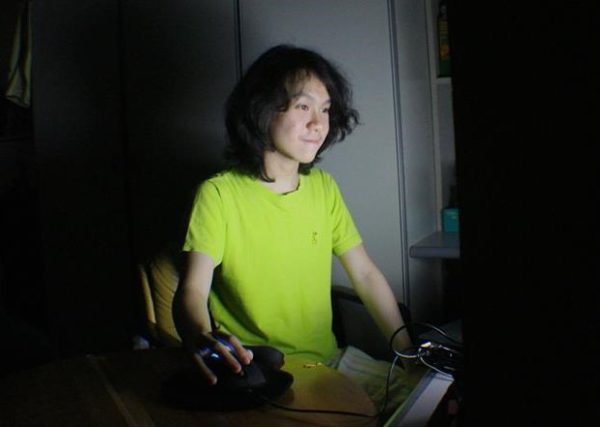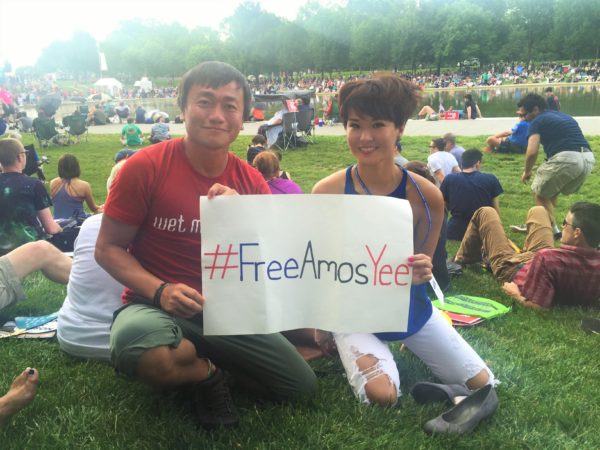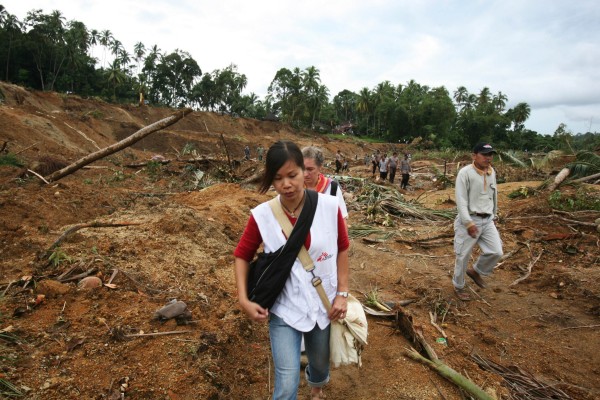We are looking for a student intern to deepen our connection with our volunteer base and to formulate our social media programme calendar. This intern will report to the Vice-President of the Humanist Society (Singapore). The internship will last 4 to 6 weeks during June / July 2016. The dates and duration are negotiable for the right candidate. Applications close on June 23, 2016.
Job scope
The intern will help engage the Society’s existing volunteer list to garner their area of interest in volunteering. This will require emailing and/or calling the interested persons to get more information from them. The intern will match interested volunteers to various aspects of the Society’s work, including our events, social media, web development, and public policy/ outreach committees.
Separately, the intern will also do research into a suitable year-long social media posting programme for the Society. This involves looking at significant dates of interest to the humanistic/ atheistic / scientific communities, so that we can do regular posts on significant events. The intern can also search for great articles and videos released in the past.
Qualities needed:
- Articulate on email and over the phone
- Proficient with Microsoft Word
- Genuine interest in and curiosity about humanism and its values
You don’t have to be an existing member of the Humanist Society (Singapore), or even consider yourself a humanist. All we ask is that you (mostly!) agree with our basic values, stated here: https://humanist.org.sg/humanism/about-humanism/
Due to the confines of the role, we’re only accepting applications from students currently in Singapore.
What you’ll receive
- A weekly stipend of $80
- Mentoring by the Vice-President and other veteran volunteers who are at various stages of their life and career
- The opportunity to be our first ever intern!
How to apply:
- Write to info@humanist.org.sg, with the subject “HSS Internship”
- Provide your details (name, contact number, school name and programme etc)
- Provide a short statement stating why you think you’ll be a good fit for the role.







